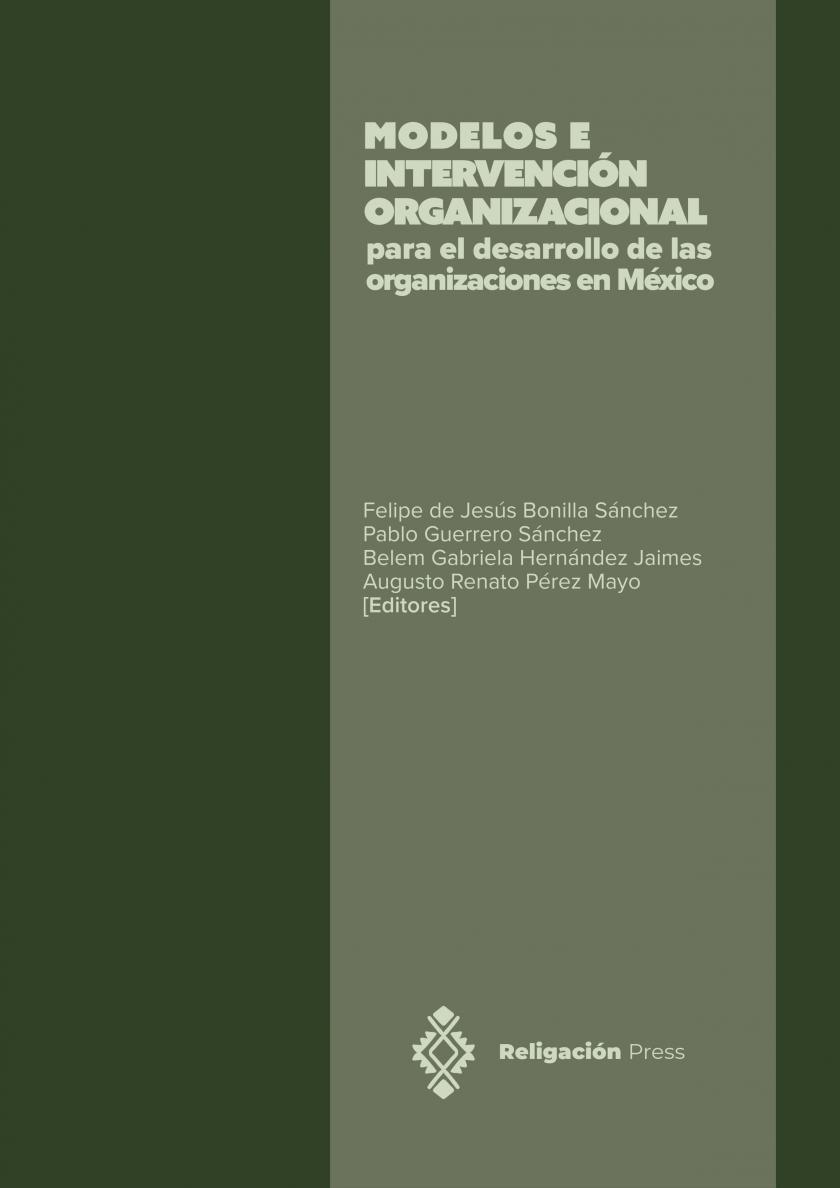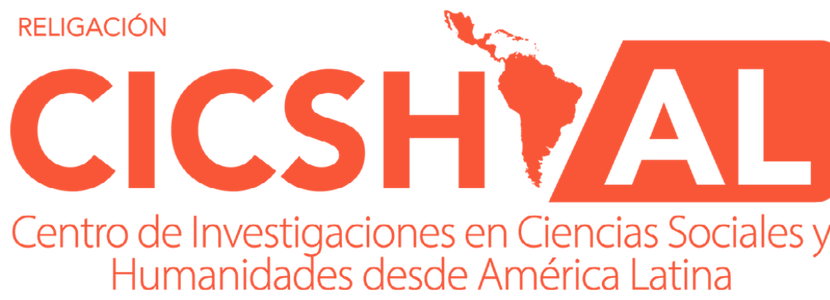Organizational models and intervention for the development of organizations in Mexico
Keywords:
Mexican Pymes; Intervention models; Organizational factors; organizational learning; Corruption.Synopsis
The book offers a comprehensive analysis of various ideas, paradigms and methodologies to understand and improve the functioning of organizations in Mexico. It focuses on theories and methodologies that address key organizational factors, such as organizational learning in Pymes to comply with NOM 035 and Seligman’s PERMA model to study workplace happiness in university organizations. It also examines topics such as leadership in Pymes, organizational culture in the hospitality industry of the Riviera Maya, and corruption in public services. It concludes by exploring the improvement of human resource quality and performance, as well as the adoption of sustainable business practices in Mexico through tax incentives.
Chapters
-
Methodological aspects for the study of organizations
-
Appreciative Inquiry: A Paradigm Shift in Intervention and Organizational Development Models
-
Learning and creation of knowledge of SMEs in Morelos to meet the requirements of NOM 035
-
The importance of studying the levels of work happiness of human resources based on Seligman’s PERMA model in university organizations
-
Organizational management model for productive organizational retirement (NFOGROP) in a university organization in Cuernavaca, Mexico
-
Methodology for the diagnosis and design of an organizational Structure
-
Mobbing in Higher Education Institutions: an analysis from the social discourse of professional women in Morelos
-
Formalization of structural organizational management models and institutionalization processes of the FEUM–UAEM
-
Leadership, decision making and problem solving in Mexican SMEs
-
The organizational culture in the hotel industry of the Riviera Maya in Mexico
-
Capacidad de respuesta y capacidad de absorción (Aprendizaje Organizacional) ante siniestros de una organización universitaria
-
Quality improvement and human resources performance in the tortilla industry
-
Corruption associated with public services and trust in institutions
-
Administrative and legal analysis for the design of operating rules in the General Directorate of Protected Natural Areas of the State of Morelos
-
Adoption of Sustainable Business Practices in Mexico through Tax Incentives
Downloads
References
Alaminos, A. (2005). El análisis de la realidad social: modelos estructurales de covarianzas. Observatorio Europeo de Tendencias Sociales.
Alexander, J. C. (2000). Las teorías sociológicas desde la Segunda Guerra Mundial: análisis multidimensional. Editorial Gedisa.
Álvarez, A. B. (2000). Cambio organizacional y cambio en los paradigmas de la administración. Revista de Ciencias Sociales y Humanidades, (48), 11-34.
Ayllón, J. R. (2023). En torno al hombre: introducción a la filosofía. Ediciones Rialp, SA.
Barney J., B., & Ouchi W., G. (1986). Organizational Economics. Jossey-Bass.
Bennis, W., & Mische, M. (1996). La Organización del siglo XXI. Reinventando la empresa a través de la reingeniería. Panorama.
Bourdieu, P. (2004). Arte medio. Editorial Gustavo Gili.
Bourdieu, P. (2008). ¿Qué significa hablar? Ediciones Akal.
Buzai, G. D. (2001). Paradigma Geotecnológico, Geografía Global y CiberGeografía, la gran explosión de un universo digital en expansión. GeoFocus. International Review of Geographical Information Science and Technology, (1), 24-48.
Clegg, S. R. (1990). Modern organizations: Organization studies in the postmodern world. SAGE Publications Ltd.
Comte, A. (1965). Discurso sobre el espíritu positivo. Aguilar.
Crisorio, R. (2015). El punto de vista crea el objeto: actividad (es) física (s) y prácticas corporales. Revista Fundación Arcor, 24-30.
Crozier, M., & Friedberg, E. (1990). El actor y el sistema. Alianza.
De la Garza T. E., & Leyva, G. (2012). Tratado de metodología de las ciencias sociales: perspectivas actuales. Fondo de cultura económica.
Díaz Z, H. A. (2003). El positivismo mexicano en la educación: Aportes de Manuel Flores, entre Comte y Spencer. Revista de Pedagogía, 24(70), 321-334.
Drucker, P. F. (1993, 1994). Sociedad Post-Capitalista. Grupo Editorial Norma.
Durkheim, E. (1985). Las reglas del método sociológico. Ediciones Akal.
García, R., & Scaglia, H. (2020). Psicología. Fenómenos sociales. Eudeba.
Gutiérrez, H. A., Martínez, M. L. D. L. F., & Reza, M. N. B. (2010). Propuesta metodológica para evaluar la gestión de la innovación tecnológica (GIT) en pequeñas y medianas empresas (PYMES). Revista Mexicana de Agronegocios, 26, 226-238.
Hassard, J. (1993). Sociology and Organization. Cambridge University Press.
Hammer M., y Champy, J. (1994). Reingeniería. Editorial Nava.
Heydebrand, W. (1989). New organizational forms. Work and occupations, 16(3), 323-357.
Kagono, T., Nonaka, I., Sakakibara, K., & Okumura, A. (1983). Strategic Adaptation to Environment: Japanese and US Firms Compared. Japanese Economic Studies, 12(2), 33-80.
Leccardi, C., & Feixa, C. (2011). El concepto de generación en las teorías sobre la juventud. Última década, 19(34), 11-32.
Menezes, D. (1977). Poder, autoridade e vis normativa. Revista de Ciência Política, 20(3), 103-107.
Merton, R. K. (2002) Teoría y estructuras sociales. Fondo de Cultura Económica.
Mills, C. W., Germani, G., & Torner, F. M. (1961). La imaginación sociológica. Fondo de Cultura Económica.
Mintzberg, H., Quinn, J. B., & Voyer, J. (1997). El proceso estratégico: conceptos, contextos y casos. Pearson Educación.
Moncunill, E. P. (2013). Emile Durkheim el Positivismo Sociológico. Premia. https://lc.cx/bKhOyu
Morgan, G. (1980). Paradigmas, metáforas y resolución de problemas en teoría de la organización. Administrative Science Quarterly, 605.
Morgenstern, O. (1976). The Collaboration Between Oskar Morgenstern and John Von Neumann on The Theory of Games. The Economic Journal: STOR. 3(14), 805-816.
Parsons, T. (1974). El sistema de las sociedades modernas. Trillas.
Peña V. T., & Pirela Morillo, J. (2007). La complejidad del análisis documental. Información, cultura y sociedad, (16), 55-81.
Pérez, J. L. M. (2009). La ideología del “darwinismo social”: la política social de Herbert Spencer (I). Documentación Laboral, (87), 11-80.
Pettigrew, A. M. (1998). Acerca del estudio de las élites gerenciales. Gestión y Política Pública, VII(2), 313-352.
Ramírez, M. A., Gouveia, E. L., & Lozada, J. M. (2011). El trabajo de campo estrategia metodológica para estudiar las comunidades. Omnia, 17(3), 9-22.
Rivera, V. (2006). El autócrata liberal. Riva Agüero y John Stuart Mill. Escritura y pensamiento, 9(19), 23-49.







